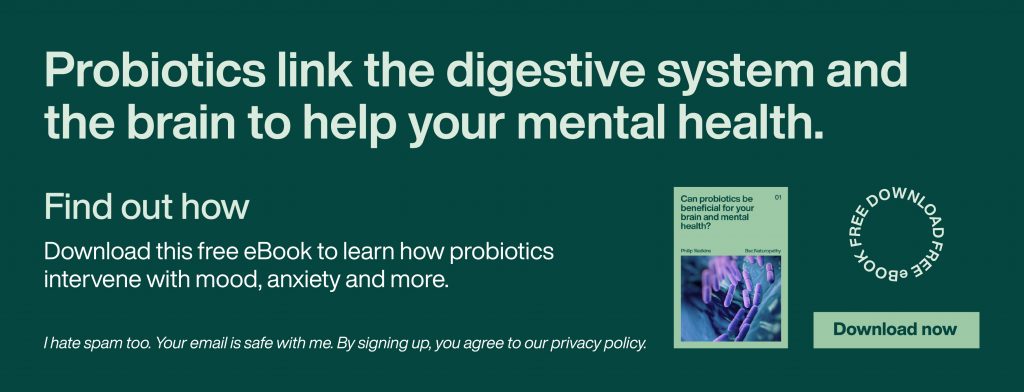Based on a study in 2015, H.pylori infection has affected up to 4.4 billion individuals worldwide.
How come so many people have had this, and I’ve never heard of it?
There are a few reasons.
Most of the time, the higher prevalence rates are in developing countries, with the African continent estimated to have up to an eighty per cent infection rate.
That’s eight out of ten people!
On other occasions, H.pylori can be asymptomatic, or people have it but don’t know it.
Hear the amazing story of what led to the Nobel prizewinning discovery of H.pylori’s effect on the gut.
And how this discovery has informed what we know around digestive problems such as gastritis.
Learn more about the common symptoms of H.pylori and how they might overlap with symptoms from IBS.
For example, commonly, these symptoms are abdominal pain, especially in the upper abdomen, nausea, decreased appetite, fullness and bloating.
H.pylori can also be responsible for poor digestion of important nutrients.
This poor digestion is especially appropriate when it comes to typical nutrient deficiencies such as Vitamin B12 and Iron.
H.pylori can also affect your immune system and the hormones that manage your hunger and appetite.
These effects can greatly affect people’s metabolism as well as cause overating, poor fullness signals and even insulin resistance!
Find out the steps to take if you think you have it.
Your healthcare practitioner can test you for H.pylori in a few different ways and you can learn about how.
All this and more in this episode of Free and Inspired radio!
Watch Video Now
Listen to this episode on Free and Inspired Radio
Listen to Free and Inspired Radio on your favourite platform

